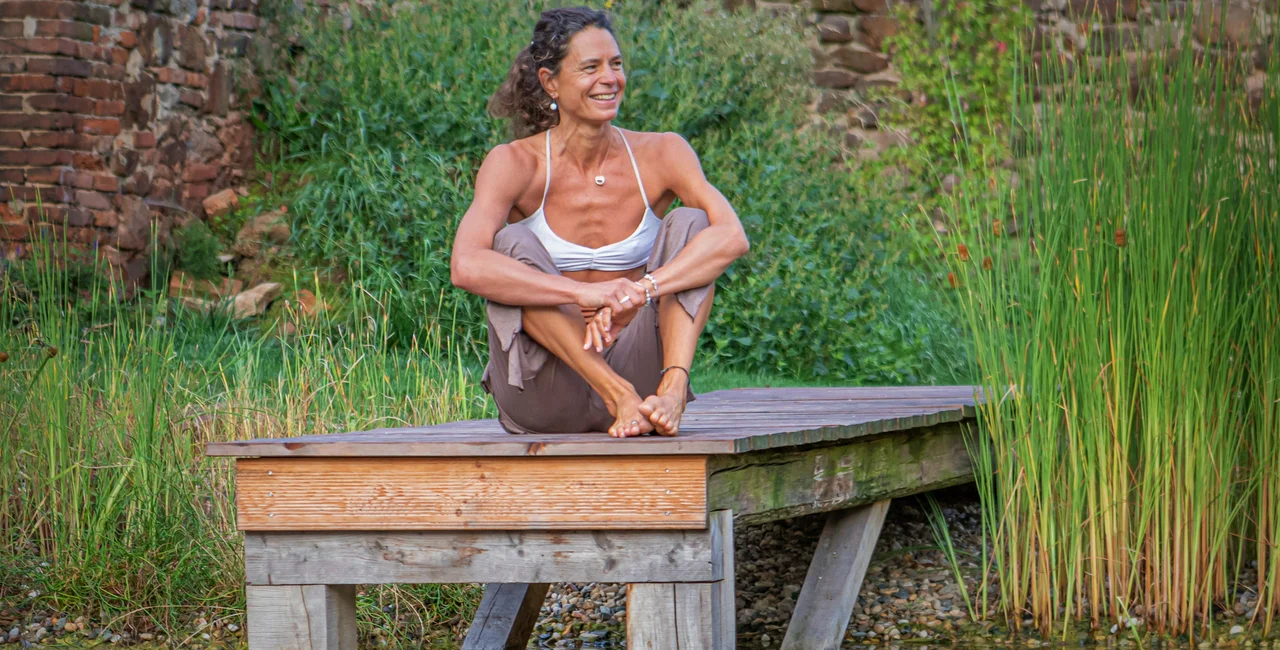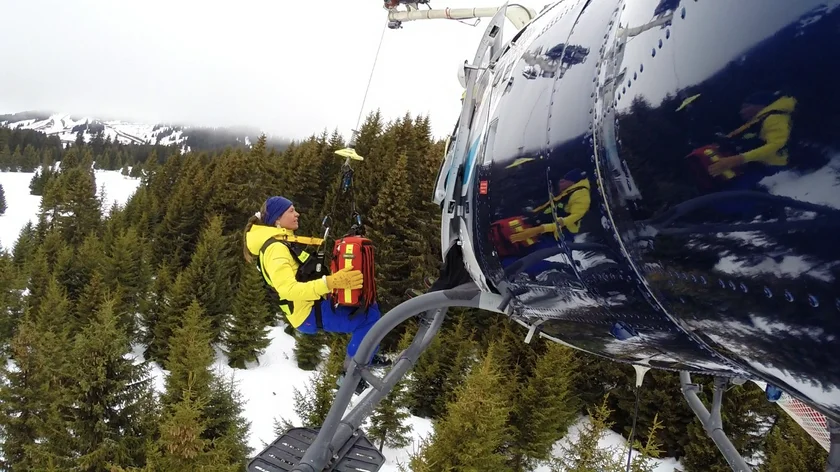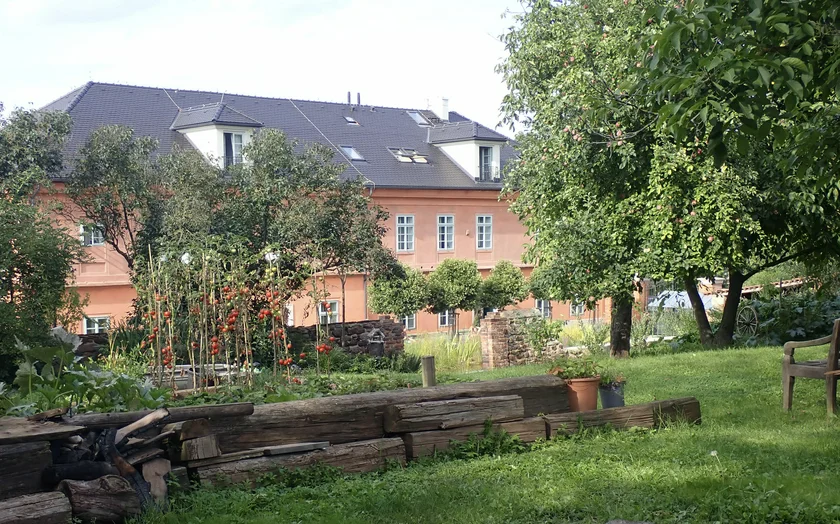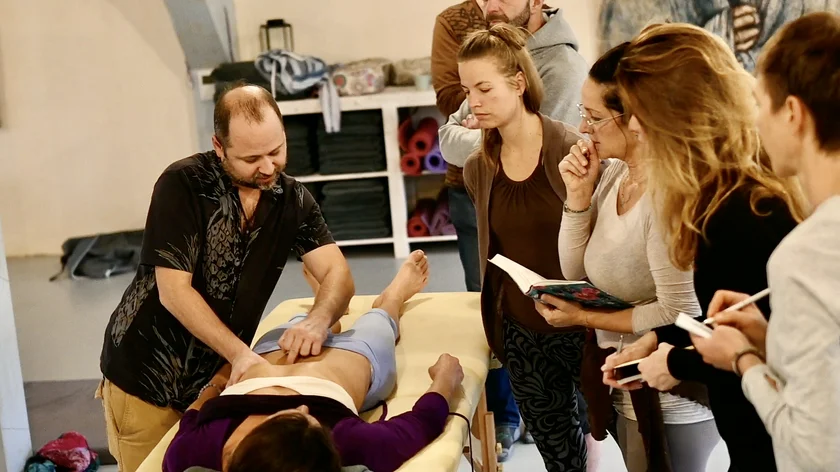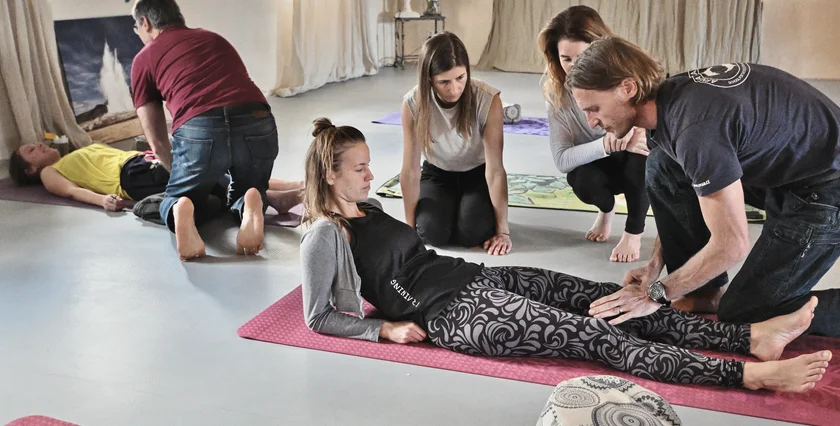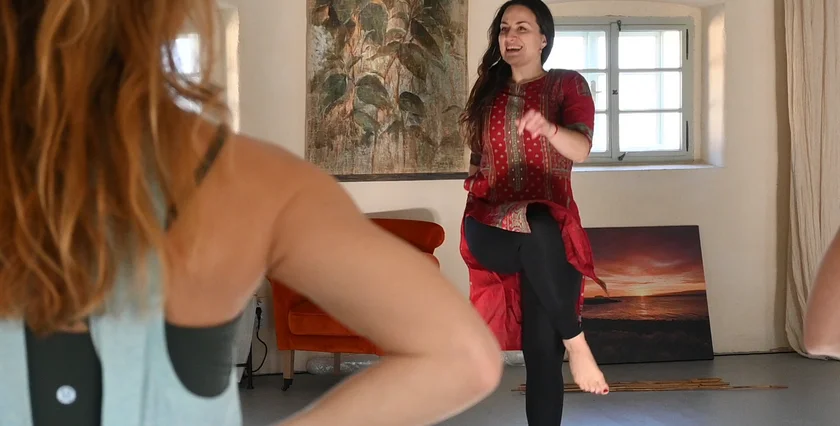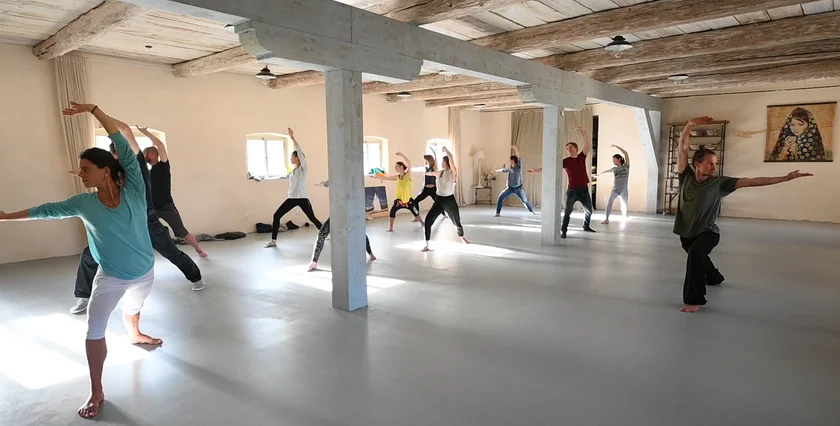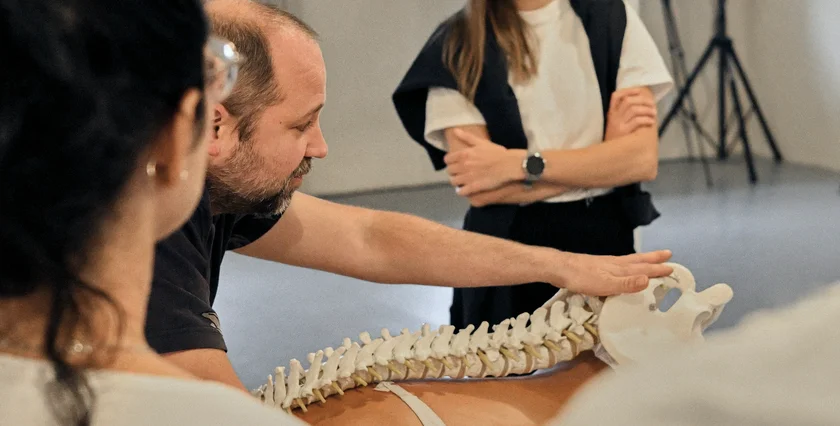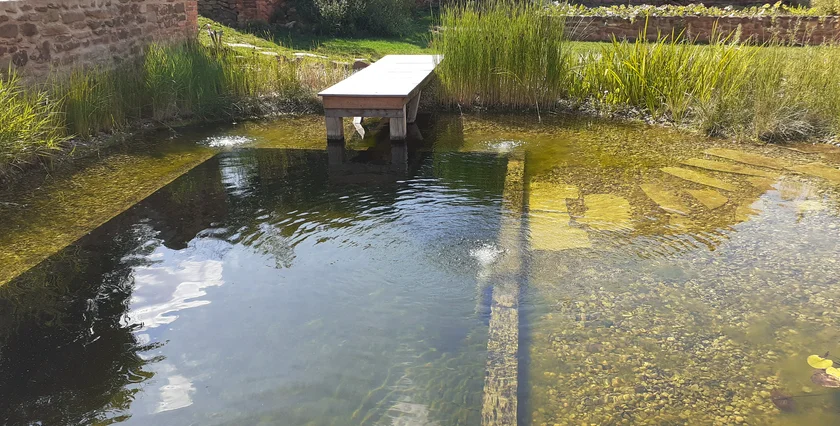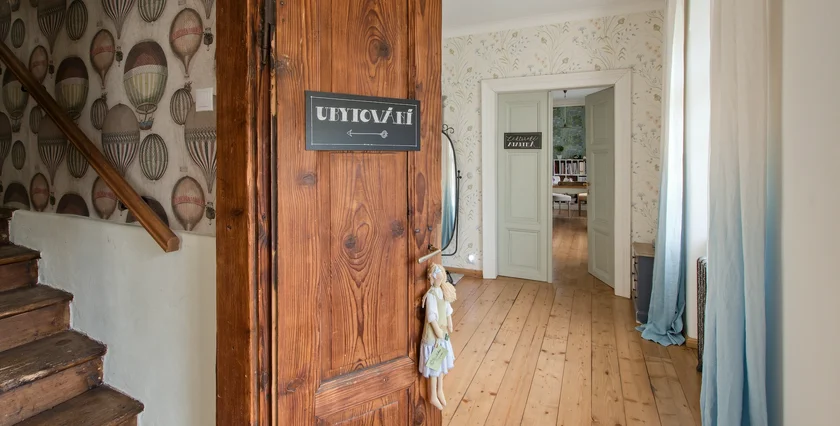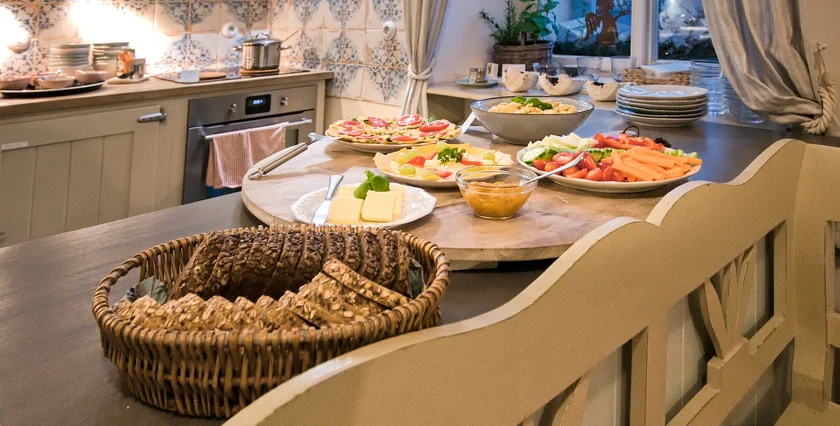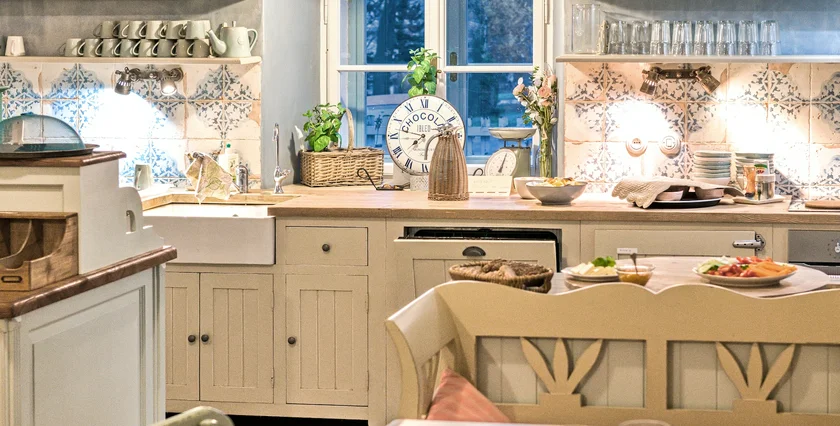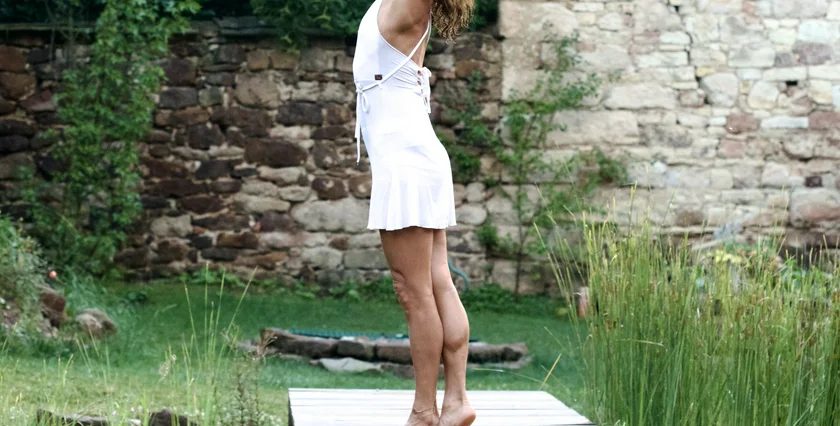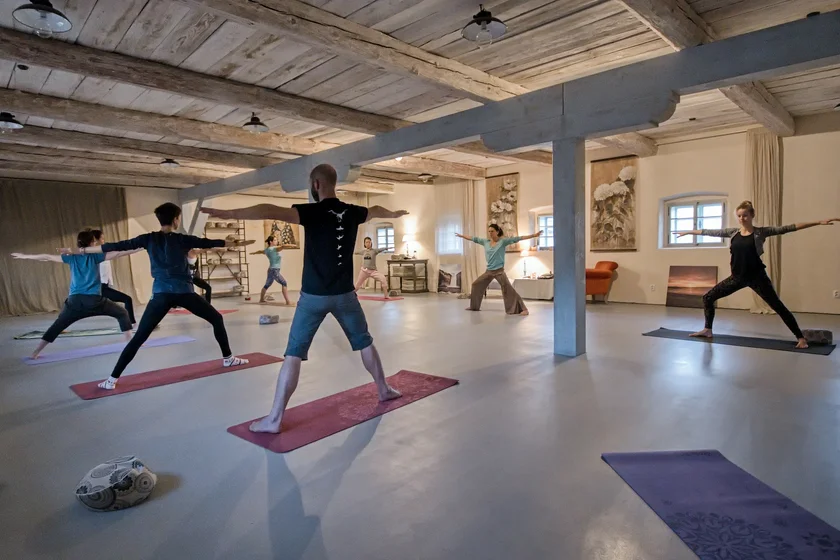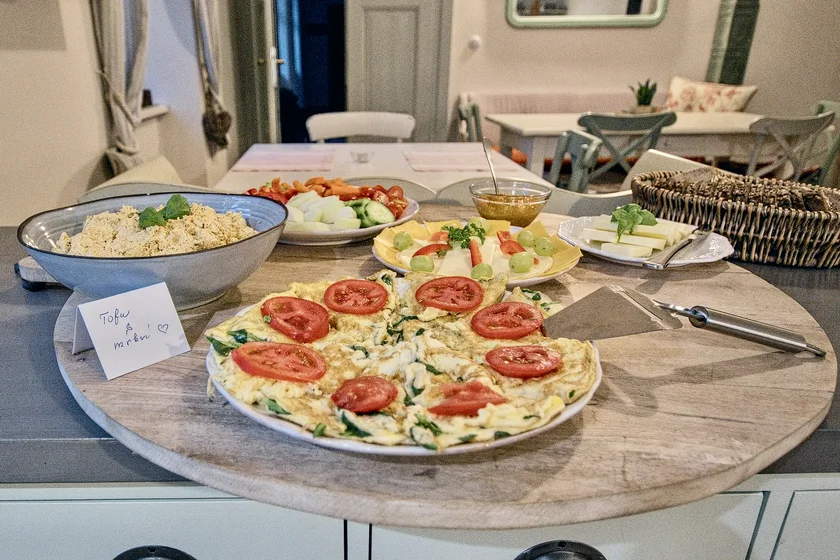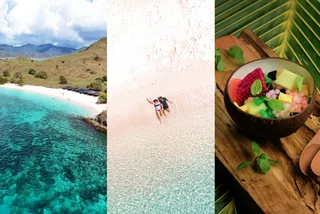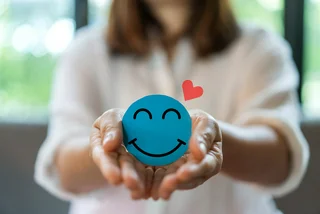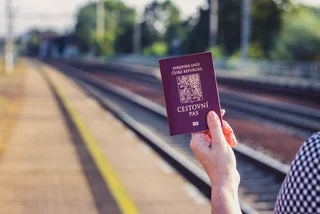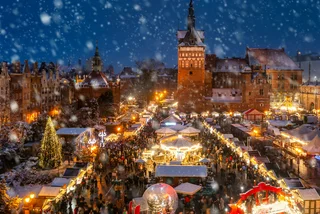Dr. Kristina Höschlová has over 23 years of experience in emergency medicine and rescue, practicing alpine helicopter rescue services in France and Czechia and working with Doctors without Borders as an anesthesiologist in war zones ranging from Afghanistan to Kurdistan, Yemen, and Ukraine.
While Dr. Höschlová is no longer working in emergency medicine, she is still committed to saving lives as the founder of the newly established Mehana Institute, an organization devoted to adopting a non-pharmaceutical approach to wellness, one that focuses on prevention and personal responsibility as the key to maintaining health.
"Throughout my career, I have been at the end of the chain dealing with emergency care. And I started to wonder why we don't care more, as physicians and as a society about not letting disease develop and grow. This is my current motivation. I believe that if people can change their perception of health and healthcare then it won’t lead to a situation where they need emergency intervention to survive the effects of disease."
Höschlová’s Mehana Institute represents an introduction to non-invasive medicine for those who are curious or uncertain about what that entails. A series of summer retreats organized by the institute aims to encourage participants to take their health back into their own hands via a series of classes and workshops amid idyllic natural Czech settings.
Doctors from the front bring their healing expertise home
Dr. Höschlová believes that the institute’s English-friendly retreats – the first of which launched in 2022 – can especially help empower foreigners who are intimidated by the traditional doctor-led Czech approach to medicine and want to take a more personalized, preventative approach to their health but don't know where to begin.
"People looking for an alternative to conventional medicine are often mistrustful and confused. Within different alternative medical practitioners, you can find very professional therapists but at the same time, they are also not really guaranteed not to harm you. I know that in Czech society people are afraid that alternative medicine isn’t professional," she said.
Dr. Höschlová describes the institute’s activities not as alternatives to medicine but complementary. The educational programs are founded on evidence-based science and participants can count on professionalism and safety, as they explore the non-invasive methods of healing and prevention the institute teaches.
She gives an example of how the institute’s courses worked for a 45-year-old professional artist with a serious knee injury who was told by doctors he needed an immediate operation.
"Because it was crucial for him to keep working, he participated in our Inner Strength retreat, led by our traumatologist Dr. Filip Burget, a former Medevac surgeon in Jordan, Iraq, Nepal, Senegal, and Ukraine. Filip’s approach combines Eastern and Western medicine to help patients recover from injury. Our guest followed his exercise regime and three months later he avoided the operation."
-Dr. Kristina HöschlováThere are so many retreats running everywhere but ours is special because there is the added value of the medical view that we are implementing, our lecturers are experienced professionals, and several of them are medical doctors. This is unique.
While yoga and other physical exercises are offered, participants are not held to a rigorous workout schedule. The retreats are designed to minimize stress and offer everyone, from burned-out employees to those seeking physical healing for ailments, a safe space.
The Mehana Institute also recognizes the well-established relationship between creative arts and health outcomes. Studies have shown that music, dance, visual art, and creative writing can enhance and optimize health and reduce adverse physiological and psychological outcomes. The Mehana Institute includes art, such as dance and music, in its health-supporting concept.
English-friendly retreats in amazing spaces nourish the body and mind
The success of the initial retreat leads Dr. Höschlová to believe that the demand for a new approach to healing is on the rise. She says the feedback from those who attended – some participants even travelled to Czechia from abroad – was overwhelmingly positive.
Giving more attention to my body and trying to listen to it is one of my biggest takeaways. I believe that this quality can also be brought to our daily routines. I realized how disconnected from my body I am,” an attendee of the November retreat wrote.
Upcoming courses are focused on Healing Touch (June 22-26), Inner Strength (June 26-30), and Musculoskeletal Healing (June 22-30) and take place at the institutes’ Regeneration Centre in the pristine surrounds of Kuří, a town in South Bohemia, amid the peaceful backdrop of the forested Novohradské mountains.
Daily sessions are led by top specialists like Dr. Höschlová, Dr. Bitnar and Dr. Burget, who teach participants physiotherapeutic manouvers, acupressure, breathing techniques, yoga, qi gong, forest medicine, and other methods for preventing injury and keeping the body strong and healthy.
Later in the summer, during the Body-Mind Movement retreat (Aug. 23-29), each day is focused on one specific organ system. Different techniques including physiotherapy, qi gong, dance, yoga or breathwork are used to enhance the self-awareness and examine the healing potential of the body and mind.
This retreat takes place 30 minutes outside of Prague in a gorgeously refurbished farmhouse. All courses include comfortable accommodation and home-cooked vegetarian meals.
Shifting the medical mindset is the way forward
A 2020 STEM/MARK survey found that 45 percent of Czechs utilize alternative therapies including acupuncture, herbal medicine, and homeopathy, to treat various ailments. Czech doctors, including Dr. Höschlová, are also becoming more in tune with the needs of patients who want to consider a non-pharmacological approach.
"When I started my practice, I ordered medication with no questions asked. The notion of finding another solution, nobody told us that this was the way. Even ten years ago if you told someone you treated a urinary infection with herbs most of them would say you are a crazy shaman, but now it has started being prescribed," said Dr. Höschlová.
Along with the positive shift she has observed among her colleagues, Dr. Höschlová believes that in the near future, the Czech healthcare system and Western medical institutions will need to become more receptive to how non-invasive treatments can enrich conventional medicine without contradicting it.
"We must perceive ourselves as part of nature, respect the natural world and realise that at the end of the chain are living beings and that our bodies are not just subject to disease but rather have the potential for health," she said.
This article was written in cooperation with Mehana Institute. Read more about our partner content policies here.












 Reading time: 5 minutes
Reading time: 5 minutes 